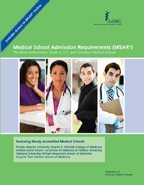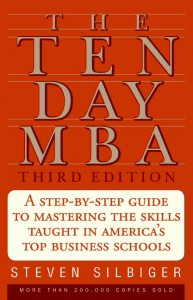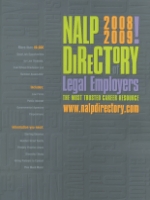
The really painful part of not getting into medical school is that you won’t know right away. It’s unlikely that you will be rejected by every school; rather, you will spend weeks trying to figure out what “on hold” or “under review” means or hoping that you will make it off a wait list. Eventually, you will conclude that it probably isn’t going to work out.
The first step is to work through some of the feelings that are bound to accompany this realization. Rage. Disappointment. Panic. Frustration. Relief. All of the above. None of the above. Call upon your friends, family, advisors and let it out: “Morons! Don’t they know talent when they see it!” or “I’m a failure!” Curse the gods and pity yourself. And then stop (or dial it down) because you are going to have make some decisions about your next steps. It will be hard to think clearly if you are consumed with the desire to burn your MCAT materials (don’t do it — you can sell them!).
If you didn’t have a “Plan B” then there may be some immediate life concerns to address. Do you need a job? Are you going to stay at your current position? Are you going to move? Oy. Do know, as many premedical students do not, that Career Services offers counseling and services related to finding employment while you are at Penn and after you graduate. Really! It’s not just OCR!
The other questions you need to contemplate are also important: Why didn’t I get in? Do I still want to be a doctor? Do I want to apply again and when? Oy, oy, triple oy.
There is a very good chance that there was at least one major weakness in your application. Think it through — grades, MCAT score, personal statement, clinical exposure. Think harder. Did you apply late? Did you have a very fancy list of schools? Did you have a fair number of interviews? If so, those may not have gone as well as you thought. Was everything there, but maybe a little thin? Where could the application be stronger? It’s possible that you just had bad luck, but usually there is some aspect of the application that could be strengthened. That isn’t a reason to beat yourself up, but should motivate you take stock of your application before reapplying.
Speaking of reapplying, it’s not a great idea to do this automatically. Sometimes people reapply without considering other career paths or changing their application, which can lead to two or three years of going through the application process unsuccessfully. If you want to be a doctor because you have never thought about doing something else, this is a good time to think of alternatives if only to reconfirm your commitment to becoming a physician. It could be that medical school is not the best fit for you. Not infrequently, we have alumni tell us that they hadn’t thought of being anything but a doctor when they came to Penn, but have found their niche in another field that they never knew existed. This is often communicated in an email with lots of exclamation marks and happy faces.
If you remain steadfast in your desire to become a physician do not despair. Many people are admitted after a disappointing turn through the application process. You’ll stand a much better chance of reaching your goal if you think carefully about the strength and timing of your application. If you need to spend more time in a health care setting or take more courses to show what you can do academically, then do it…before you apply again.
Your pre-health advisors are happy to meet with you to consider your strategy for a second application. If you don’t get into medical school this year, you won’t fall off the edge of a map. You have many options. Your personal support network will help see you through and Career Services will support you as you reorient yourself in uncharted waters.











